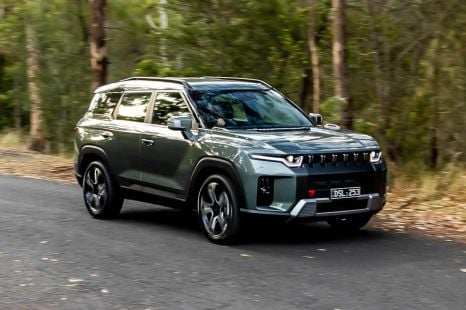

Matt Campbell
2026 KGM Torres Hybrid review
2 Hours Ago

Contributor
It feels like every second week a carmaker is announcing or revising an end date to its internal-combustion engined (ICE) vehicles, but BMW has yet to make any claim in this regard.
As reported by German publication Handelsblatt and later by The Drive, BMW wants to continue investing in its petrol and diesel engines.
This latest proclamation follows BMW development chief technology officer Frank Weber telling Automotive News Europe a similar story in September 2021.
The engines BMW reportedly wants to keep investing in includes the petrol-powered B48 four-cylinder, B58 inline-six, and the S68 V8. The latter of these engines was recently introduced to replace the N63 V8 and now powers the likes of the BMW X7 M60i and the upcoming XM plug-in hybrid.
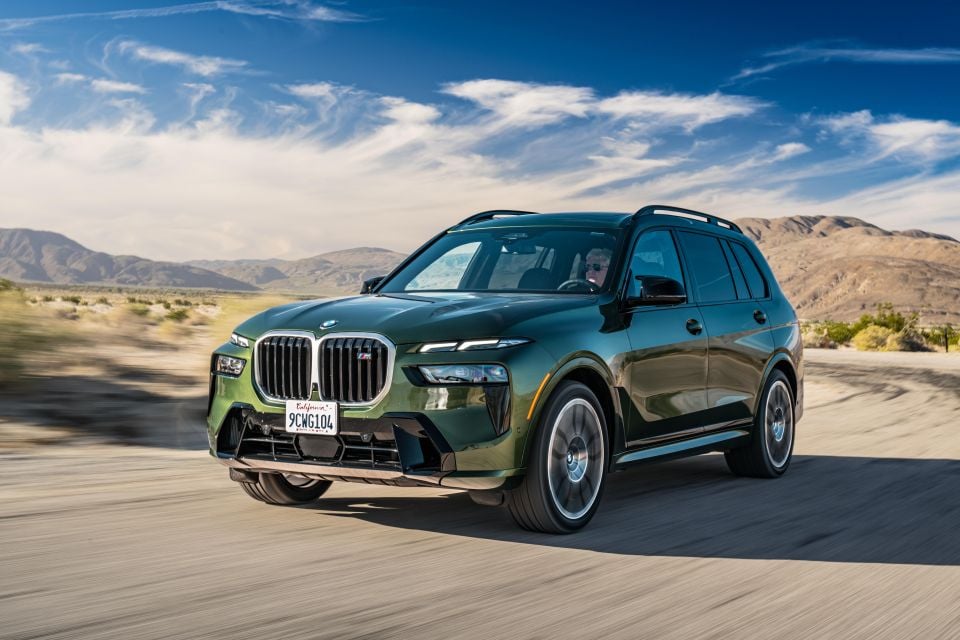
A significant portion of BMW’s continued push for internal-combustion engines is reportedly due to its popular SUV models, including the X5, X6, and X7.
Next-generation versions of these models will reportedly be based on an updated version of the current CLAR platform that’s capable of supporting ICE and electric powertrains.
These models will reportedly continue to be built in Spartanburg, South Carolina, however, their engines won’t be made in Munich.
Instead, BMW will reportedly build electric powertrains in Munich and move engine development to Austria, China, and the UK.
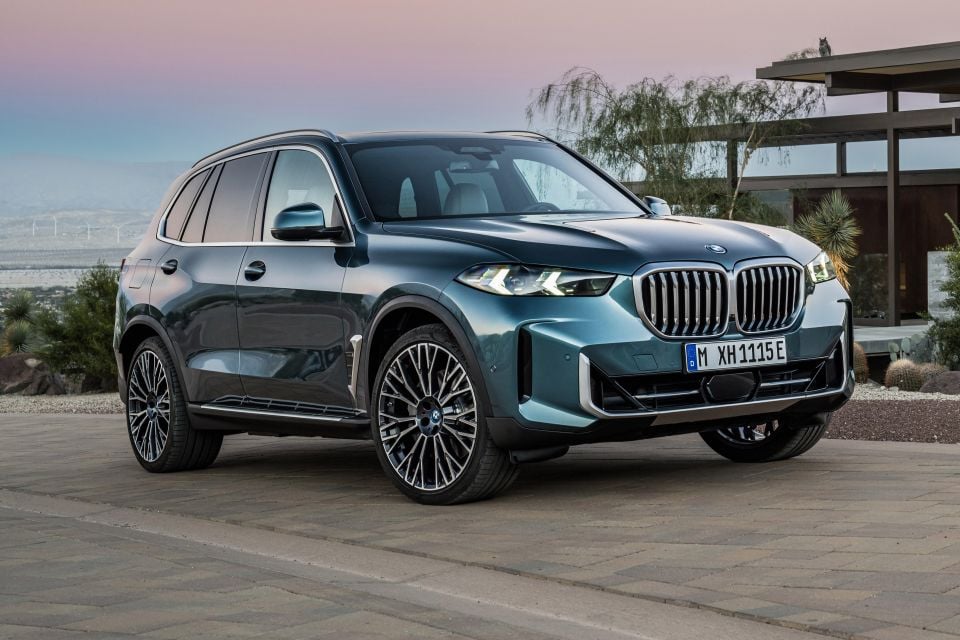
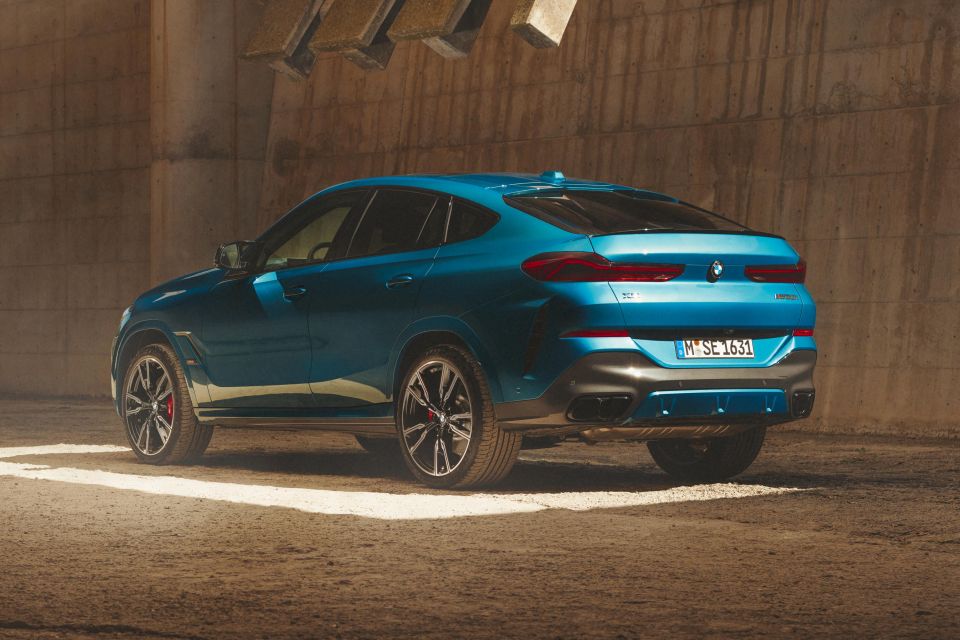
This is all reportedly tied in with Germany’s recent opposition to the European Union’s planned vote on legislation intended to phase of combustion engines in Europe by 2035.
The vote was due to take place on March 7, per a report from Bloomberg, but the German delegation expressed concerns with what it considers the law’s lack of adequate consideration for the role of e-fuels in a carbon-neutral future, thereby stalling the vote.
Many of BMWs key competitors, including Audi and Mercedes-Benz, have already made announcements to go all electric.
Mercedes-Benz is committing to be EV-only by 2030 where market conditions allow, and Audi is going all-electric by 2033 in all markets except for China.
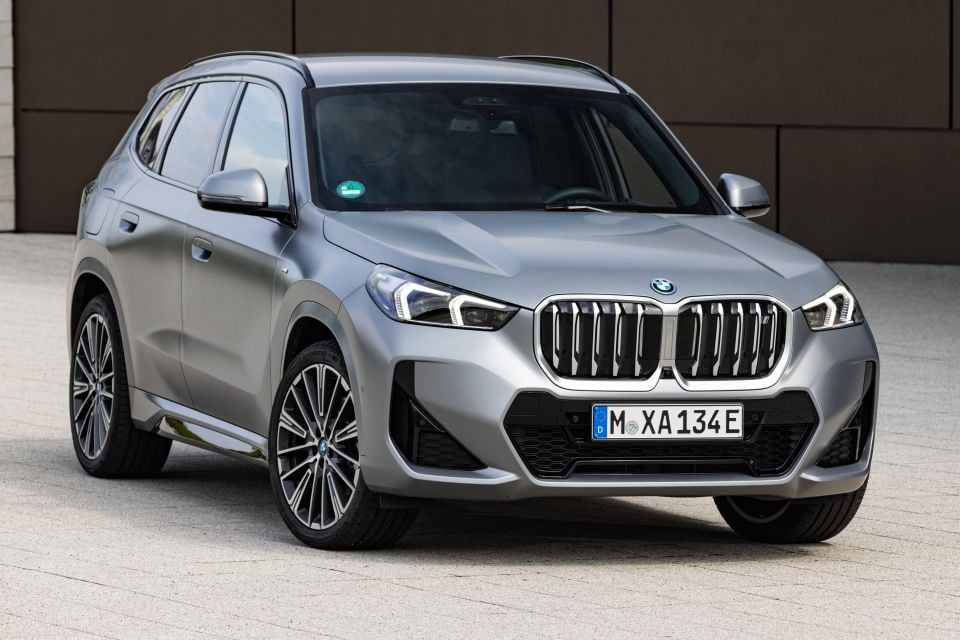
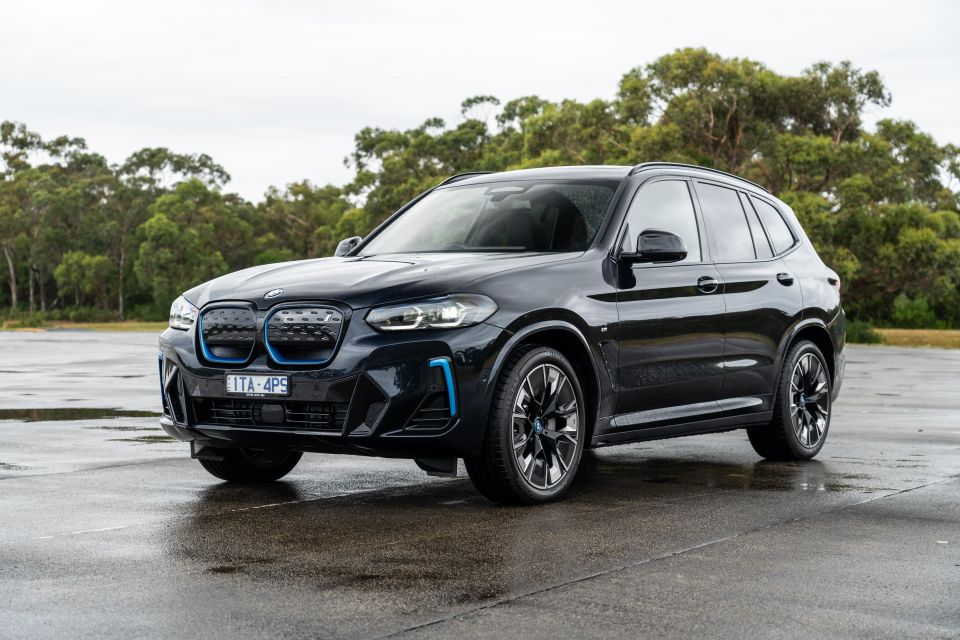
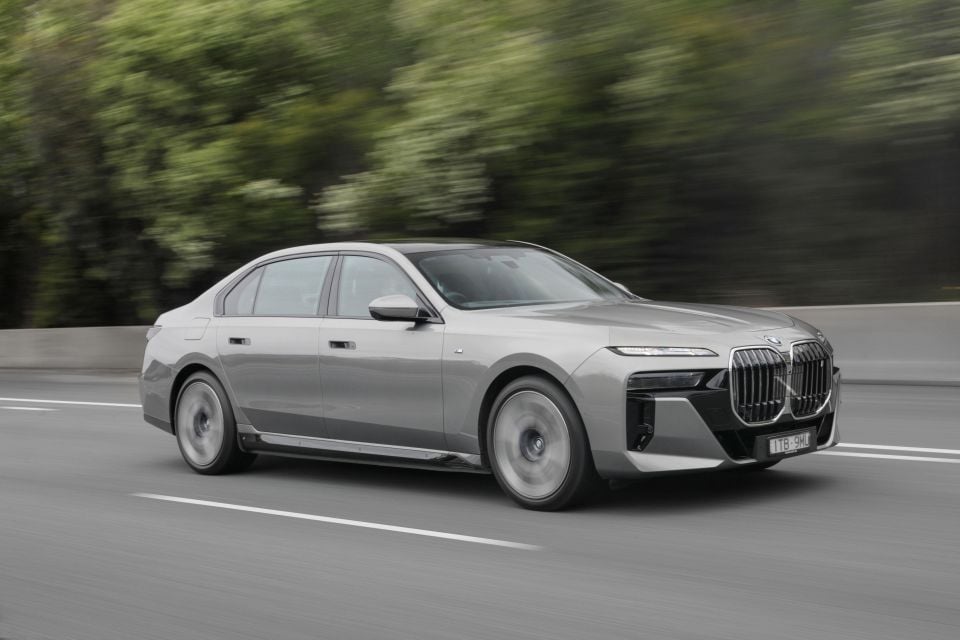
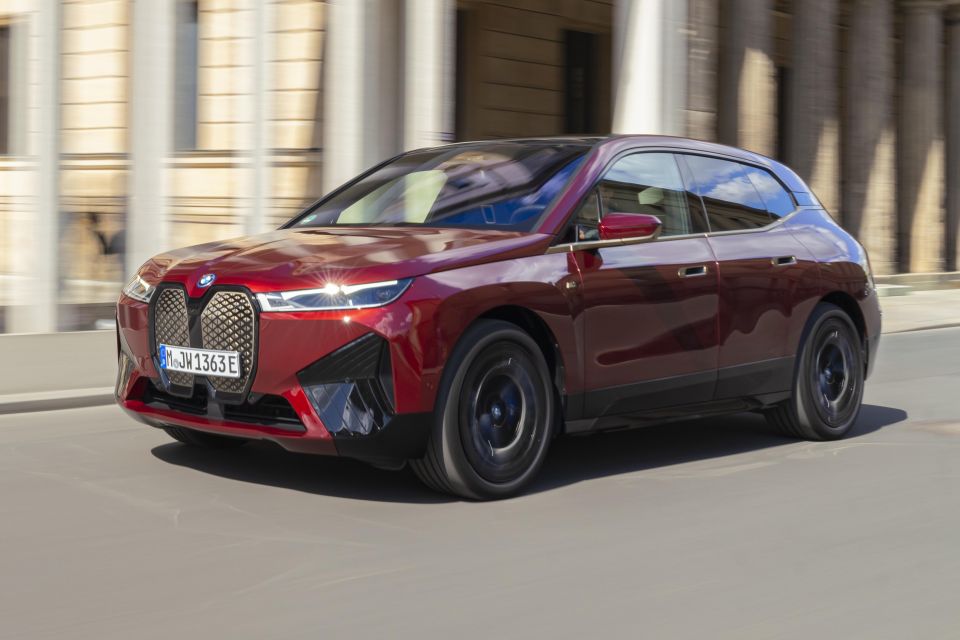
BMW on the other hand aims to have its EVs make up 50 per cent of sales by 2030.
Despite this, the German carmaker is still currently exploring numerous pathways for future mobility, including plug-in hybrid (PHEV), battery electric (BEV), and hydrogen fuel-cell vehicles (FCEV).
BMW already has an extensive local lineup of BEVs including the likes of the iX1, iX3, iX, i4, and i7.
The company is also reportedly planning to bring a series-production FCEV to market by 2030, as reported by Autocar. This follows the limited-production, hydrogen fuel-cell-powered version of the X5 SUV called the iX5.
MORE: BMW won’t scrap internal-combustion engines soon MORE: EU’s proposed 2035 combustion engine ban hits roadblock
Where expert car reviews meet expert car buying – CarExpert gives you trusted advice, personalised service and real savings on your next new car.
Jack Quick is an automotive journalist based in Melbourne. Jack studied journalism and photography at Deakin University in Burwood, and previously represented the university in dance nationally. In his spare time, he loves to pump Charli XCX and play a bit of Grand Theft Auto. He’s also the proud owner of a blue, manual 2020 Suzuki Jimny.


Matt Campbell
2 Hours Ago
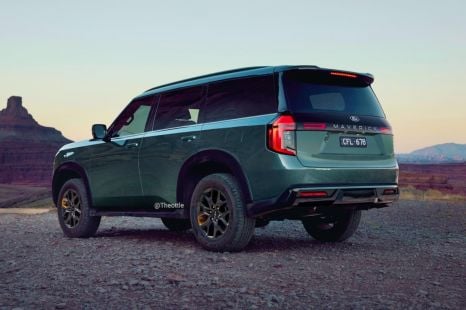

Ben Zachariah
19 Hours Ago
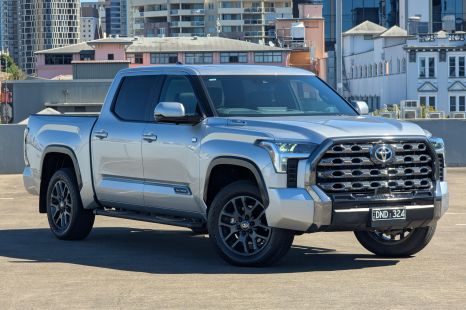

Damion Smy
19 Hours Ago
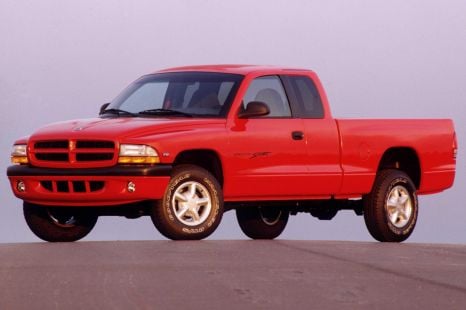

Derek Fung
20 Hours Ago
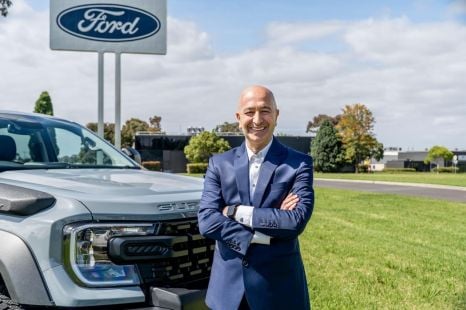

Ben Zachariah
20 Hours Ago
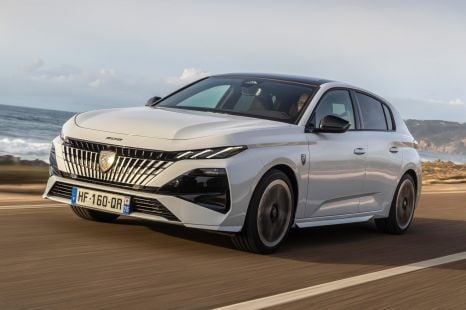

Matt Robinson
1 Day Ago